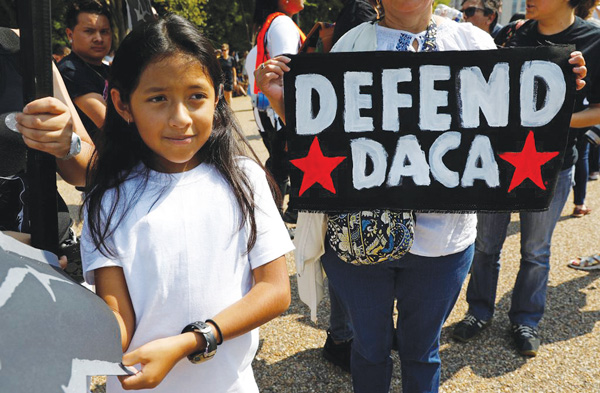Six U.S. states, led by California, are moving forward with their zero-emission vehicle (ZEV) mandate starting next year, despite opposition from former President Donald Trump, who has criticized environmental policies during his campaign.
Starting with 2026 models, automakers must ensure that 35% of their new vehicle sales are zero-emission vehicles in California, New York, Massachusetts, Vermont, Washington, and Oregon. The mandate covers electric vehicles (EVs) and hydrogen fuel cell vehicles (FCEVs).
California, which accounts for approximately 25% of all EV sales in the United States, is leading this initiative. The state holds special authority under the 1967 Clean Air Act to set its own air pollution standards independent of federal regulations.
States Expanding ZEV Requirements
The number of states adopting these regulations is set to double by 2027, with Colorado, Delaware, Maryland, New Jersey, New Mexico, Rhode Island, and Washington D.C. joining the initiative. This expansion signals growing support for zero-emission vehicle policies at the state level.
Automakers’ Mixed Response
The automotive industry has shown varied reactions to these mandates:
- Toyota North America CEO Jack Hollis expressed skepticism, noting that EVs currently only represent 9% of U.S. vehicle sales and calling California’s regulations “impossible” to meet.
- Hyundai is taking a proactive approach, recently unveiling its IONIQ 9 large electric SUV in Los Angeles, expanding its EV lineup alongside the IONIQ 5 and IONIQ 6.
- General Motors has also embraced the electric transition, launching several new EVs including the Chevrolet Equinox EV, Blazer EV, Silverado EV, and Cadillac’s luxury electric SUV, the Lyriq.
Political Tension Brewing
The mandate is setting up a potential showdown between Trump and California Governor Gavin Newsom. Governor Newsom recently declared that California would continue supporting EV purchases even if Trump eliminates federal tax credits for electric vehicles.
This isn’t the first clash between these political figures over environmental policies. During his previous administration in 2020, Trump attempted to block California’s plan to ban gasoline vehicle sales by 2035. The legal battle that ensued was only dropped in 2022 after President Biden took office.
Axios reports that the EV mandate could evolve into a significant political battle between Trump and Newsom, who is viewed as having presidential ambitions.
The implementation of these mandates remains uncertain, as some analysts suggest Trump could potentially nullify state-level EV sales requirements through federal executive orders if elected, creating additional uncertainty for automakers already adapting to these new requirements.






